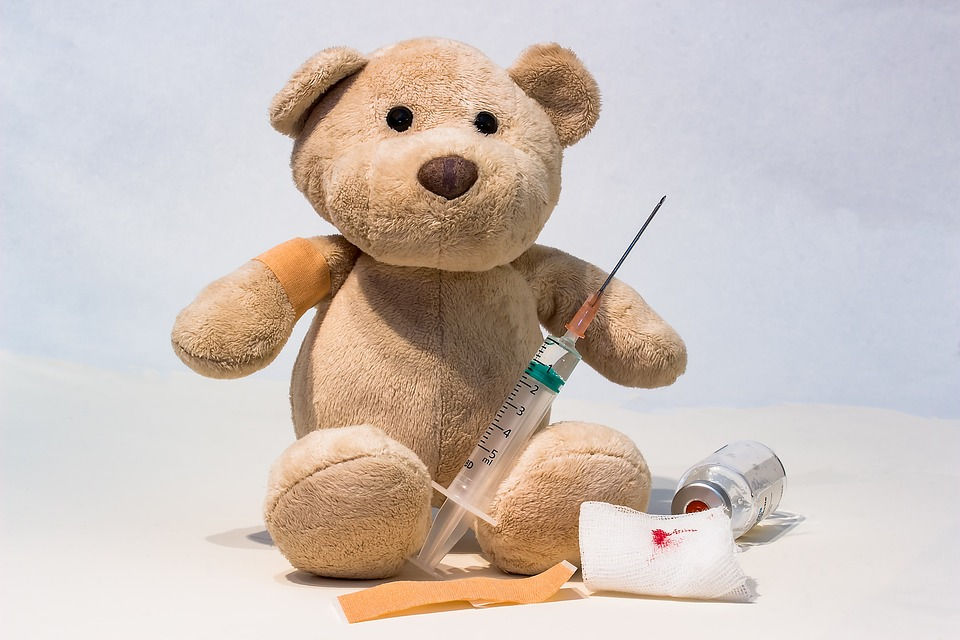Haemochromatosis Awareness Week 8-14 August
- Dr Jasper Mahon
- Aug 11, 2016
- 1 min read

Haemochromatosis is a condition where the body stores too much iron and is the most common genetic condition affecting 1 in 200 Australians of European origin.
Iron builds up in the organs and, untreated, can damage the heart, pancreas, liver and joints. There are usually no symptoms in the early stages despite the organs being damaged. When early symptoms occur the most common are fatigue, joint pain and abdominal pain.
Haemochromatosis can easily be tested for with a simple blood test arranged by your GP and, if suspected, more complex genetic blood tests can be done which gives further information regarding the likelihood of you developing problems from the condition and whether other members of your family need to be tested.
Treatment, particularly if diagnosed early, is simple; blood is taken on a regular basis, usually at a Red Cross donation centre, so that the body uses up the excess iron to replace the blood cells.
Visit Haemochromatosis Australia for more information.




Comments